#IndustryNews
Analog Revenge: Chip Shortage Forcing Automakers to Ditch Tech
After months of seeing factories idled, it seems that the global semiconductor shortage has encouraged the automotive sector to rethink some production strategies. Numerous brands have opted to strip vehicles of specific features to help offset the ever-worsening chip problem, occasionally supplanting them with older hardware.
Well, well, well. It looks like the push into electromobility hasn’t gone quite as planned and the industry has come crawling back to analog in some cases. Though it would be premature to break out the campaign and declare the old ways superior for all time. The resurgence of analog hardware is likely to be short-lived, ending the second the semiconductor shortage lets up. As much as your author wants to believe the industry will learn a lesson about not putting all your eggs in one basket, it didn’t seem to in the last century and is unlikely to come around during this one.
Summer Gas Shortage Likely for Dumbest Reason
As if you needed more doom and gloom to kick off this week, the National Tank Truck Carriers (NTTC) lobby has confessed that its fleet will go into the next few months operating well below capacity. That means there’s a very good chance that some parts of the country could see gas shortages over the summer. While we’re praying that this doesn’t come with with the deluge of less-than-desirable automobiles that followed the infamous 1973 oil crisis, a similar spike in fuel price is likely as gasoline becomes sporadically difficult to find.
With the United States technically still energy independent, the culprit is not a foreign oil embargo but our own inability to plan ahead. North America was already operating with a deficit of qualified tanker drivers ahead of the pandemic. Lockdowns suppressed demand as everyone was forced to remain immobile, suppressing demand that ultimately encouraged widespread layoffs and early retirement. Now there aren’t enough drivers as demand stabilizes.
Semiconductor Shortage By the Numbers, Looks Bad
The global shortage of semiconductor chips has really done a number on the industry and it’s just one of several major supplier issues created by our response to the pandemic. Years from now, people will look back and use the benefit of hindsight to come up with the perfect solution to a problem that has since evaporated. But all we can manage in the present is an up-to-date tally on how much product is being lost and wait for better news.
AutoForecast Solutions (AFS) has been keeping tabs on the situation and recently updated its numbers through the week of April 30th. Production schedules in North America are now reportedly 121,000 vehicles shy of where they’re supposed to be. Though we need to pull back and take a gander at what the whole industry was facing ahead of the latest figures to have a more complete understanding of this particularly dire automotive quagmire.
UAW Annoyed With GM's Mexican EVs
General Motors has decided its fifth electric vehicle facility should be in Mexico and has set aside $1 billion for its complex in Ramos Arizpe, Coahuila, Mexico. While a portion of the funds will go toward a new paint shop, the manufacturer also said the money would be used to prepare the site for EV and battery production, angering the United Auto Workers (UAW).
“This is a slap in the face for not only UAW members and their families,” stated UAW Vice President Terry Dittes. “General Motors automobiles made in Mexico are sold in the United States and should be made right here, employing American workers.”
Faraday Future Amazingly Still Active
Faraday Future hasn’t been making many headlines of late. But it remains an active business entity, surprisingly enough. On Thursday, it announced it had selected Velodyne Lidar Inc. as the exclusive supplier for the sensing/mapping hardware that’s going into its flagship FF91 EV.
Faraday’s missteps have been so frequent and gargantuan, that it would be impossible to give the abridged history without still wasting a large portion of your day. We’ll spare you from that and allow interested parties to dig through older articles about factory snafus, secret management structures, faked prototypes, development setbacks, bankruptcy, and more. The only thing you need to remember is that it is genuinely miraculous that FF still exists as a company – almost like it’s a testament to the utter ridiculousness of some tech startups – that continues to believe it will someday manufacture an electric car.
Auto Suppliers Just Realized EVs Will Cost Them Jobs
The Motor & Equipment Manufacturers Association (MEMA) has informed a Senate Commerce subcommittee on transportation that the Biden Administration’s penchant for electric vehicles is starting to get under its skin. The union is recommending that the United States avoid setting any timeline for the proposed banning of internal combustion vehicles because it might cost a staggering number of jobs.
Ann Wilson, MEMA’s senior vice president of government affairs, said vehicle restrictions were unrealistic before 2040 and would obliterate entire segments of the auto industry without providing concrete assurances that the environment would be improved. While the latter claim can be argued endlessly, the former is pretty difficult to refute.
Rental Car Demand Pushes Hawaiian Tourists Toward U-Haul
With car rentals crippled through 2020 as society collectively stopped traveling in response to the pandemic, businesses entered 2021 with the perfect excuse to charge exorbitant fees to lend out some of the cheapest vehicles on the market. Cities have it particularly bad as rental firms find themselves with a surplus of locals wanting to escape and not enough vehicles to serve them. Daily rates now surpass three figures in metropolitan areas and can balloon by hundreds more if a customer wants to return the vehicle out of state (depending on the agency).
However, Hawaii is where things start to get really weird. The islands are reportedly in such short supply of rental cars that tourists are borrowing U-Hauls, where the biggest concerns of mileage and finding a parking space pale in comparison to the upfront cost of something more typical of vacationing families.
Stellantis Staffers Charged With Conspiracy to Cheat Emissions Tests, Defraud Customers
Federal prosecutors Tuesday unsealed new criminal charges that named several Stellantis (formerly Fiat Chrysler Automobiles) officials accused of conspiring to cheat U.S. emissions tests and defraud customers buying their diesel-powered products. The indictment was opened in the Eastern District of Michigan, identifying FCA diesel senior manager Emanuele Palma (42) and two Italian nationals employed by FCA Italy SpA — Sergio Pasini (43) of Ferrera and Gianluca Sabbioni (55) of Sala Bolognese.
Palma had been charged previously and becomes a co-conspirator in the alleged plot to develop a 3.0-liter diesel engine used in FCA vehicles that could flummox emissions tests allowing the automaker to sell vehicles that did not adhere to government regulations. The motor started appearing inside engine bays in 2014, including popular models like the Ram 1500 and Jeep Grand Cherokee.
Chip Shortage Forcing Daimler to Stall Production
In today’s update on the semiconductor shortage, we learn that Daimler has elected to place over 18,000 Mercedes-Benz employees on reduced schedules. With an insufficient number of chips, the manufacturer cannot produce vehicles with sufficient reliability and has decided to ease off until resupplies are more predictable. Unfortunately, that’s unlikely to happen for at least a few months — forcing Mercedes to roll with the punches much like Subaru, General Motors, and Ford. Though this is a problem that’s impacting the entirety of the automotive industry.
Daimler made its announcement on Wednesday, stating that facilities in Bremen and Rastatt will be the first (and hopefully only) plants affected by the stall.
A Dozen More States Virtue Signaling Over Vehicle Bans
Having noticed that Washington got a bit of publicity for vowing to ban all vehicles reliant on internal combustion after 2030, a dozen other American states decided it would be a good idea to reaffirm their own religious-like commitment to the environment by saying they too will be restricting your choice of automobiles by 2035.
The coalition of states — most of which don’t have a populace that’s dependent on automotive manufacturing for work — also formally asked the Biden administration to introduce standards that would obligate the United States to ban everything that emits smoke within the next fifteen years. Many activist groups are calling it a heroic act, though it’s difficult to recall any parables where the hero went around banning things and also represented an institutional power structure.
European Automakers Think Fuel Taxes Will Increase EV Sales
Undoubtedly eager to improve the take rate of electric vehicles, automakers have a myriad of solutions at their disposal. But the majority have something to do with getting the government involved to futz around with taxes.
Normally, this has to do with making special exceptions for EVs or subsidizing them via rebate programs. But governments seem happy to do this, as increasingly more legislation is advanced that would place restrictions on when and where people will be able to drive internal combustion vehicles, and automakers appear to be getting with the program. We’ve already seen manufacturers choosing sides in America’s gas war and now the Europeans are getting in on the action by demanding higher taxes be imposed on vehicles reliant on gasoline or diesel.
South Korean Battery Firms Reach Settlement, Georgia Factory Approved
It looks like the White House won’t be needing to take any action in response to the International Trade Commission’s decision on how to handle the feud between South Korea’s LG Chem and SK Innovation. The duo has reached a settlement that would allow the former battery manufacturer to complete assembly on its $2.6-billion plant located in Georgia.
LG alleged that SK had stolen intellectual property and the ITC was backing punitive measures that would have forbade the latter company from importing certain lithium-ion batteries into the United States under a 10-year exclusion order. While exemptions were made for the components necessary to manufacturer them in the country, the arrangement was tied to SK’s existing orders and limited to just 4 years. The settlement gives SK additional leeway and prevents Joe Biden from having to consider the possibility of blocking the ITC decision as a way of maintaining American jobs.
Rubber Shortages Become Latest Problem for Auto Industry
Those of you tracking the semiconductor shortage can probably take it easy for a while, as practically every industry group on the planet has tentatively agreed we’ll be seeing a chip deficit for a few years. Meanwhile, market analysts are trying to predict the next material we won’t have enough of and rubber is looking like an ideal candidate.
Rubber supplies are drying up and price increases are reportedly beginning to climb at an untenable pace. Despite several years of relatively stable availability and low prices, supply chain disruptions created by lockdowns have left latex harvesters in a bad position. Low prices encouraged many to over harvest their existing crop, rather than invest in farmland. But with shortages looking probable as countries began responding to the pandemic, China went on a buying spree to maintain a robust national stockpile in 2020. The United States was late to the party and now finds itself in a position where scarcity is driving rubber prices through the roof just when it needs to buy more.
Ford Skipping Summer Shutdowns
Ford will be ignoring the typical two-week summer shutdown this year as a way to make up for production downtime caused by the semiconductor shortage. That’s undoubtedly going to complicate some vacation plans. But Blue Oval has already given loads of workers time off and has more downtime planned through April and now that the necessary factory maintenance can be accomplished while assembly lines are idled during supply chain issues, leaving employees to schedule any time off through their local union.
Auto Industry Requests U.S. Government Help With Chip Shortage
The Alliance for Auto Innovation (AAI) is hard at work begging the federal government for help while the world continues coping with the semiconductor chip shortage, though it’s hardly the first time the industry has asked for or received administrative assistance. With pandemic lockdowns throwing global supply chains into a tailspin, U.S President Joe Biden said his administration would be seeking $37 billion and new legislation to address the chip shortage while federal agencies were directed to see what could be done in the interim.
But there’s little to be done with the brunt of the relevant manufacturing taking place in Asia, hence the AAI lobby requesting U.S. Commerce Department set aside some cash for domestic chip production in a new bill.



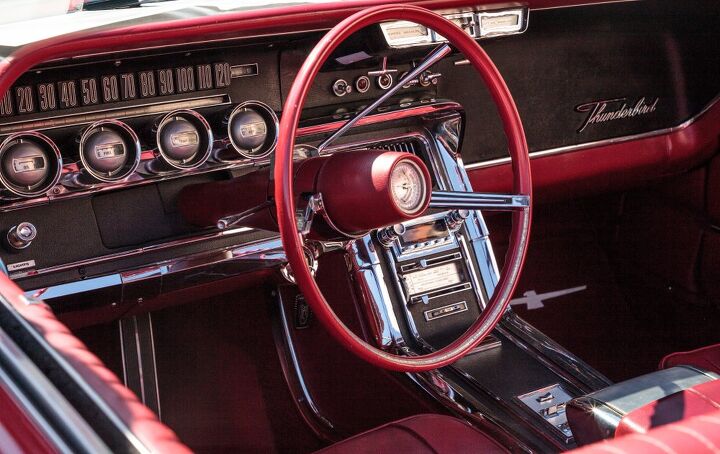



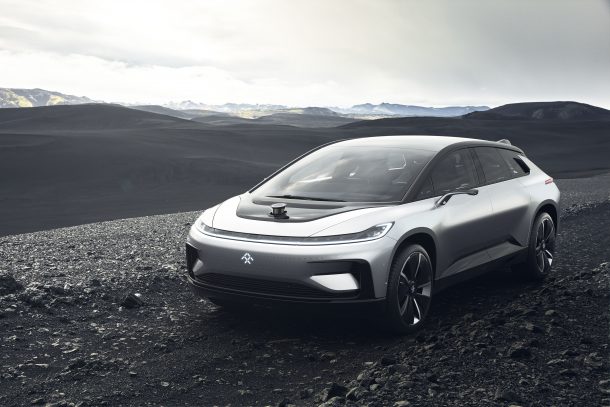
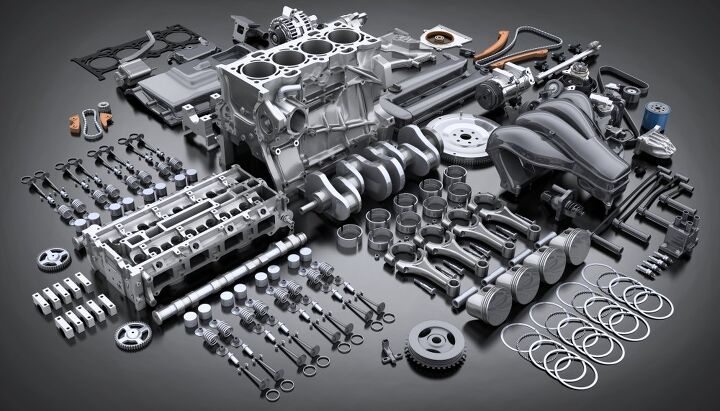

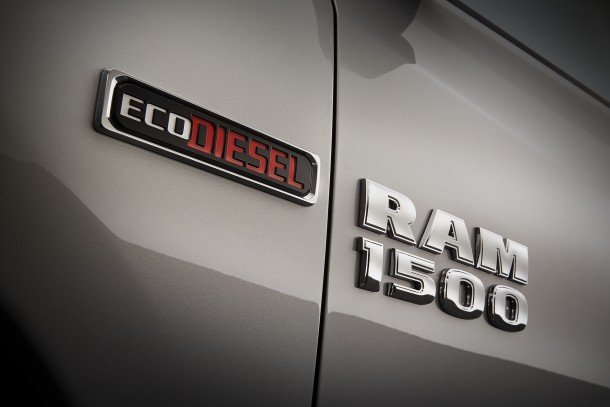
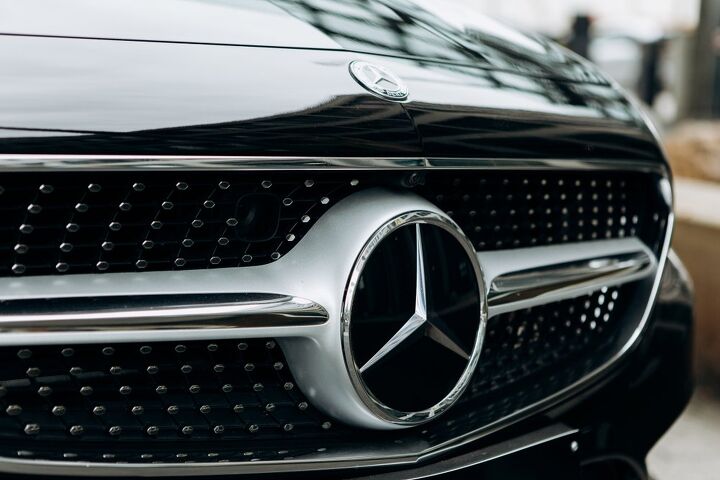


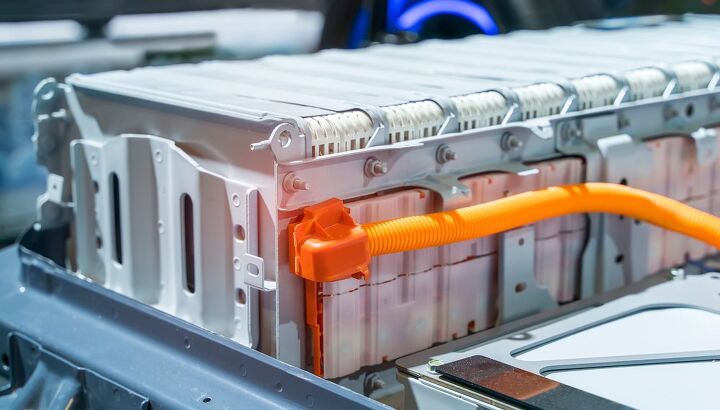

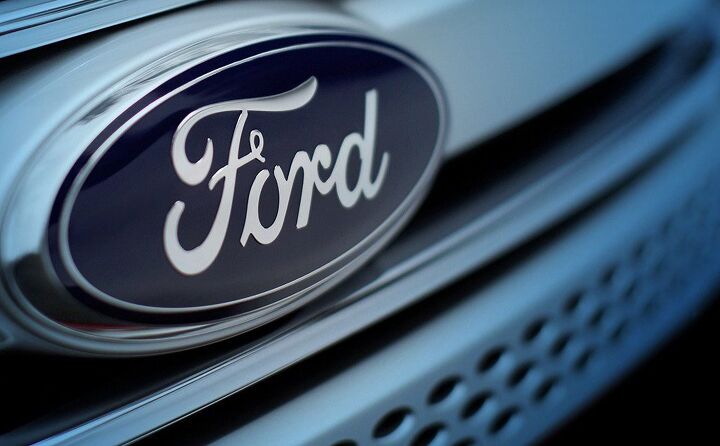
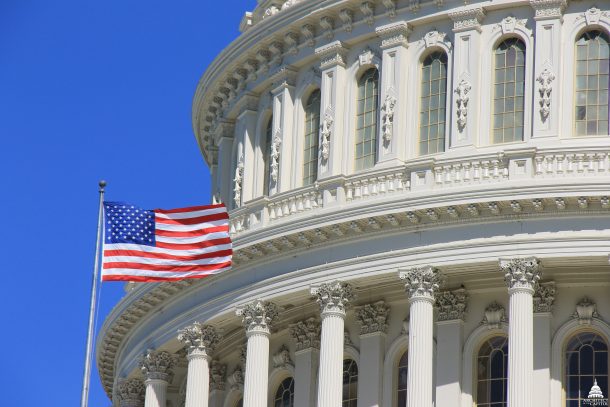












Recent Comments